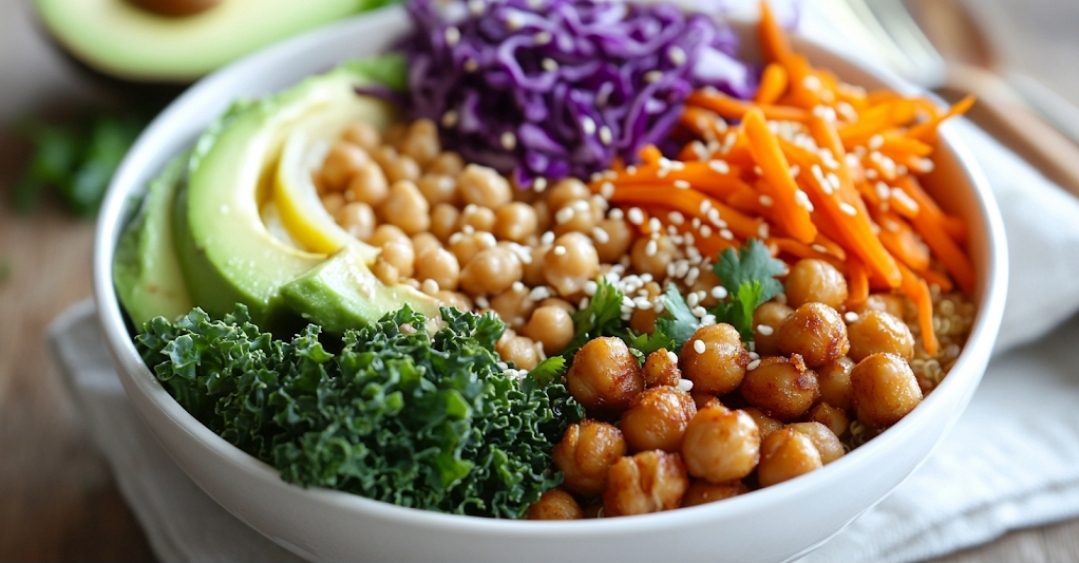Top 5 Natural Sweeteners and Sugar Substitutes for Better Health
Hi everyone, Dr. Ax here, a doctor of functional medicine and founder of DrAx.com. Today, I’m excited to share my top five natural sweeteners and sugar substitutes. With many people consuming excessive amounts of high fructose corn syrup and processed sugars, it's crucial to explore healthier alternatives. Although some of these options still contain sugar, they are much easier for your body to process and offer greater health benefits. Whether you're baking, cooking, or just sweetening your morning tea or smoothie, these natural sweeteners are great choices.
1. Pure Raw Honey
Why It’s Great: Pure raw honey is my top pick. When buying honey, ensure it is labeled "raw" and ideally sourced locally. Raw honey isn’t just a sweetener; it’s a nutrient-rich food containing amino acids, electrolytes, antioxidants, and antimicrobial compounds that benefit your health.
Benefits:
- Reduces Allergy Symptoms: Local honey, which contains local pollen, can help your body adapt to local allergens.
- Antimicrobial Properties: Raw honey can be used topically for cuts, wounds, and skin issues.
Usage Tips: Use honey sparingly. A tablespoon once or twice daily is sufficient. It’s excellent in morning oatmeal, smoothies, gluten-free pancakes, or green tea.
2. Stevia
Why It’s Great: Stevia is a no-calorie, all-natural sweetener derived from the leaves of a flowering plant. It's particularly beneficial if you have blood sugar concerns or are looking to lose weight.
Benefits:
- No Calories or Carbs: Ideal for those with diabetes or weight management issues.
- Varieties Available: Choose full green leaf stevia or minimally processed extracts. Avoid highly processed brands like Truvia, which may contain GMOs and chemicals.
Usage Tips: A few drops of stevia can sweeten your tea, smoothies, or baking recipes without affecting your blood sugar levels.
3. Dates
Why They’re Great: Dates are packed with fiber, potassium, and essential vitamins and minerals. They offer the highest nutrient value among sweeteners and can regulate sugar absorption due to their fiber content.
Benefits:
- Nutrient-Rich: High in fiber, potassium, and antioxidants.
- Versatile: Perfect for baking, smoothies, or making homemade energy bars.
Usage Tips: Use dates in baking, smoothies, or mix them with nut butter to make energy bars. They are a staple in raw food and vegan diets.
4. Coconut Sugar
Why It’s Great: Coconut sugar, also known as coconut palm sugar, is a great 1:1 substitute for regular sugar in recipes. It’s non-GMO, vegan, and retains many nutrients found in coconut juice, such as potassium and electrolytes.
Benefits:
- Lower Glycemic Index: Coconut sugar has a glycemic index of around 50, which is half that of regular sugar, reducing blood sugar spikes.
- Nutrient Content: Provides potassium and electrolytes.
Usage Tips: Use coconut sugar in equal amounts as table sugar for baking cookies, cakes, and other recipes.
5. Pure Organic Maple Syrup
Why It’s Great: Maple syrup is a fantastic natural sweetener with an earthy flavor. Opt for 100% pure organic maple syrup, preferably Grade B or lower, for the best quality.
Benefits:
- Natural Sweetener: Contains beneficial minerals and has a lower environmental impact compared to processed sugars.
Usage Tips: Great for drizzling over pancakes, waffles, or incorporating into recipes that need a rich, natural sweetener.
Final Thoughts: Regular table sugar is often derived from genetically modified sources and can be harmful to your health. By switching to these natural sweeteners—raw honey, stevia, dates, coconut sugar, and pure organic maple syrup—you can enjoy a healthier diet while still satisfying your sweet tooth.
Remember, moderation is key. Incorporate these sweeteners into your diet wisely to maximize their health benefits.



Comments
Post a Comment